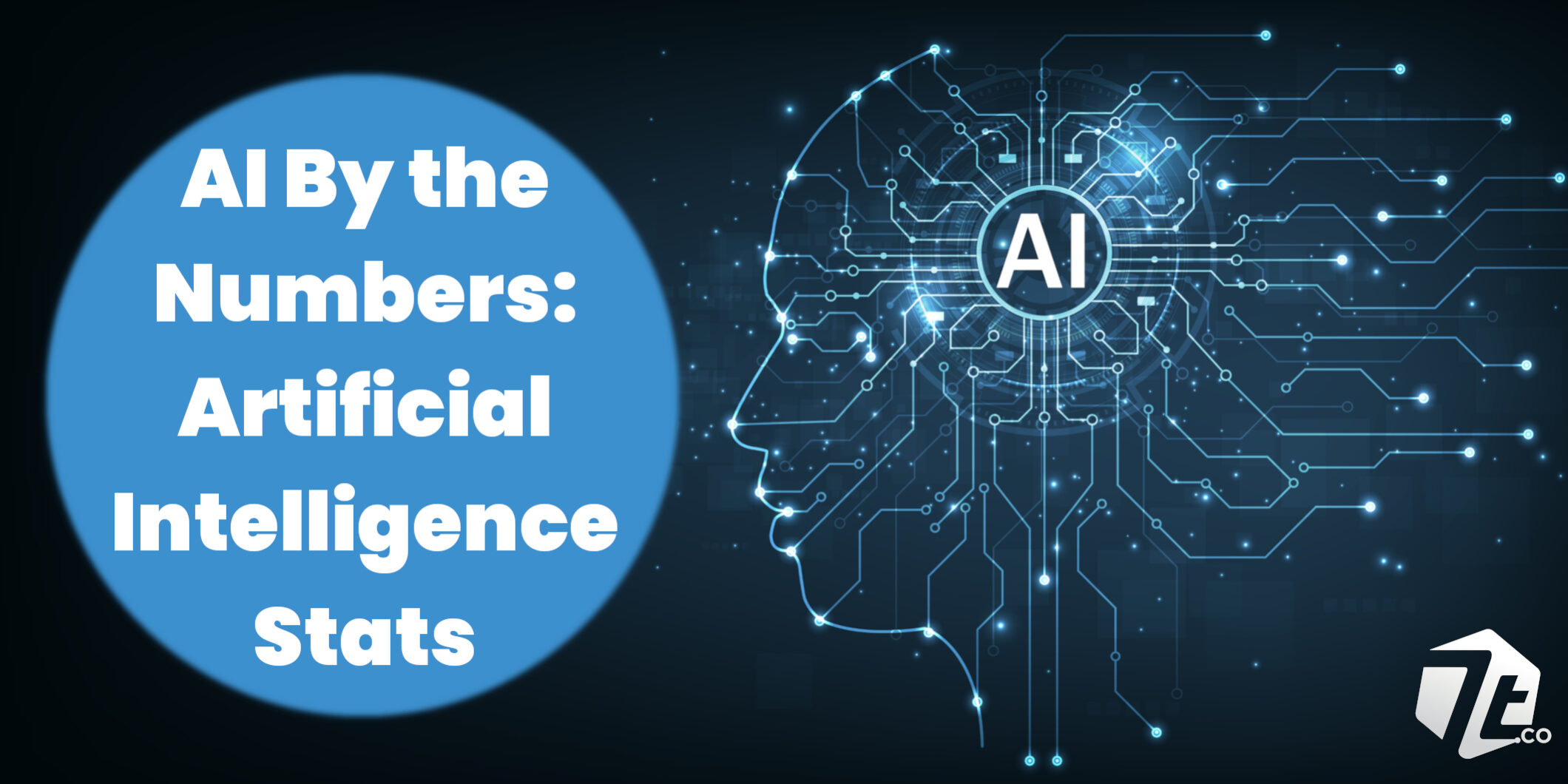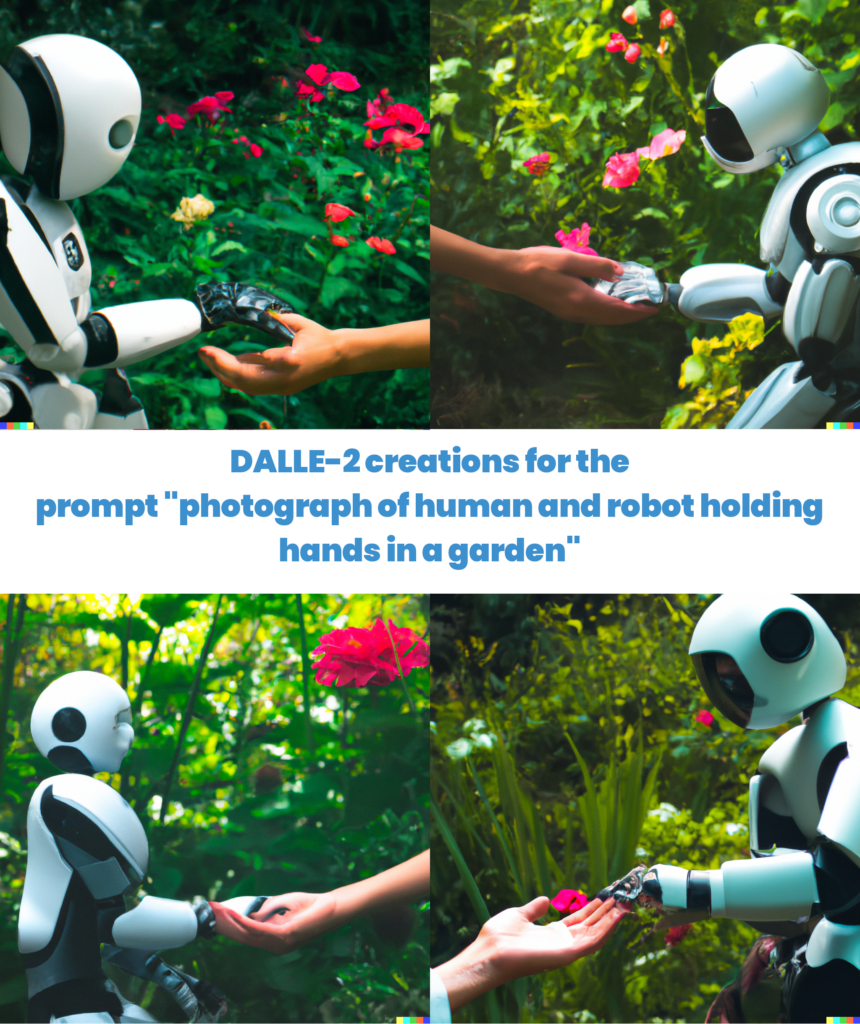Recent years have seen the rapid proliferation of technology, with much of this spurred on by world events such as the COVID-19 pandemic which led to the rise of cloud technology. Cloud technology rose to prominence during the pandemic as we sought to bridge the gaps that formed as a result of social distancing. When it comes down to it, it’s clear that necessity led to advances in cloud computing, cloud storage and other cloud-based tech. Now, we’re seeing AI proliferating at a never-before-seen rate.
The Rise of Artificial Intelligence (AI) and Machine Learning
Today, we’re seeing a surge in the development of artificial intelligence (AI) and its companion technology, machine learning. With the relatively recent advances in multimodal machine learning, developers require far less data to train the machine learning algorithms that drive artificial intelligence. This has opened the door to AI for small- and medium-sized businesses (SMBs) who lacked the data volume to utilize machine learning-driven AI in the past.
In just four years, we’ve seen artificial intelligence advance by leaps and bounds, entering the mainstream techsphere with unprecedented fanfare. Artificial intelligence promises to transform businesses and the ways in which we work, live and play. The possibilities are certainly exciting, although the sheer power of AI has legislators and tech industry leaders looking to establish guardrails to ensure that artificial intelligence is used responsibly and in a manner that’s beneficial to everyone involved.
Philosophical debates abound, the reality is that humans could quite literally be outsmarted by artificial intelligence. What’s more, the potential for abuse — with humans using AI to commit crimes and gain an unfair advantage — is significant. And there’s always the frightening possibility that this technology could advance to a degree where autonomous AIs act in their own interests; interests that may be counter to humanity’s interests. Think of the film iRobot.
Dangers aside, there’s also the potential for tremendous benefit and even creativity when it comes to AI. A simple prompt like “create a photograph of a human and a robot holding hands in a garden” can generate a multitude of images in mere seconds.
Machine Learning-Driven AI Stats
When you look at the numbers, the world’s view of artificial intelligence comes into clear focus. Consider the following AI statistics, which were current as of early 2024.
-
- 35% of businesses are currently using AI.
- 78% of devices feature AI tech.
- By 2030, AI will account for $15.7 trillion dollars in the worldwide economy.
- AI has the potential to eliminate 85 million jobs, while simultaneously creating 97 million jobs. That’s a net gain of 12 million jobs worldwide.
- 77% of people use AI on a regular basis, although just 33% realize it.
- 90% of business leaders are in favor of leveraging artificial intelligence to surpass the competition.
- 90% of companies have invested in artificial intelligence, although just 15% have actually deployed AI technology within their organization.
- 7 in 10 business leaders believe that AI simplifies their job.
- 6 in 10 business leaders believe that AI will allow them to leverage their organization’s data more effectively.
The numbers really tell the story of artificial intelligence and it promises to be a story that will continue to unfurl in some fascinating ways.
Hiring a Dallas AI Development Company
At 7T, we specialize in enterprise AI solutions. Our world class team of artificial intelligence developers work to identify challenges within an organization; then, we create a solution with machine learning-driven AI technology. This problem → solution approach to AI development has the potential to bring about exceptional results.
Connecting with the right artificial intelligence developer can be challenging, but you need a partner who understands the organization’s pain points, objectives and business strategy — both today and in the future. At 7T, we take the time to get to know your business, providing clients with a Business Requirements Document (BRD). The completed BRD leads to a comprehensive understanding of an organization’s needs, pain points and future objectives.
Also, check out our latest eBook, A Guide to Prepare Your Business for Artificial Intelligence (AI) Development.
The Digital Transformation development team here at 7T is guided by the approach of “Digital Transformation Driven by Business Strategy.” As such, the 7T development team works with company leaders who are seeking to solve problems and drive ROI through Digital Transformation with innovative business solutions such as multimodal machine learning-powered AI implementations. 7T has offices in Dallas, Houston, and Austin, but our clientele spans the globe. If you’re ready to learn more about Digital Transformation development solutions, contact 7T today.











